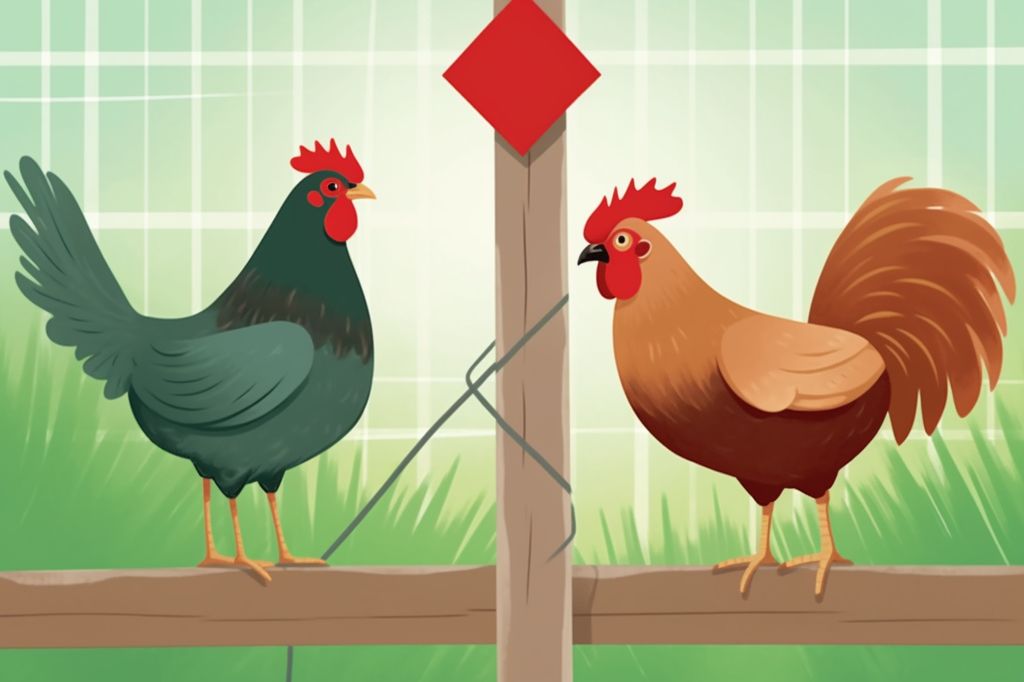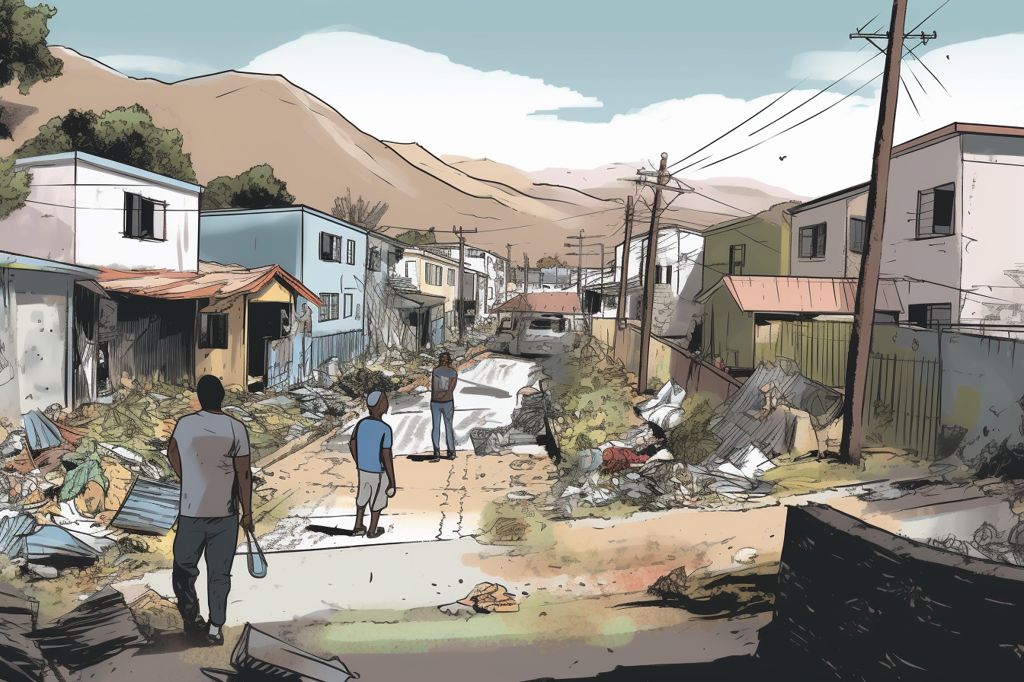Recently, two commercial layer farms in the Paardeberg area of the Western Cape were found to have avian influenza. The Western Cape Government is urging both the agricultural sector and the public to be mindful and limit the spread of the disease to prevent further outbreaks. The disease has already caused the death or destruction of 120,000 birds, as confirmed on April 21 and 25.
Causes and Spread of Avian Influenza
The highly pathogenic avian influenza spreads through contact between infected and healthy birds and indirect contact with contaminated equipment or materials. The virus is present in their feces and discharges from their nose, mouth, and eyes. In addition, domestic birds can contract the virus by contacting infected poultry or contaminated feces.
Measures to Prevent the Spread of Avian Influenza
Farmers and poultry producers should take appropriate biosecurity measures to prevent the virus from spreading because there is no known vaccine or treatment for avian influenza. These measures include limiting access to properties, keeping poultry away from wild birds and their fluids, disinfecting vehicles upon entering and exiting the property, using footbaths upon entry and exit to poultry houses to disinfect footwear, and avoiding the introduction of the virus through contaminated clothes, footwear, vehicles, or farm equipment.
Precautions for Handling Potentially Infected Poultry
Although the risk of avian influenza being transmitted to humans remains low, it is advisable to avoid touching dead birds. Experts advise caution when handling or slaughtering potentially infected poultry and suggest wearing gloves, a mask, and eye protection. Poultry products from grocery stores are safe for consumption.
Reporting Suspicion of Avian Influenza
The Animal Diseases Act, 35 of 1984, controls avian influenza. Any suspicion of the disease in wild or domestic birds should be reported to the local state veterinarian. The Western Cape Government urges the public to contact their local state veterinarian if they suspect avian influenza.
Conclusion
The Western Cape Government stresses the importance of vigilance to prevent the spread of avian influenza. By taking appropriate biosecurity measures, farmers and poultry producers can ensure the health and safety of their flocks.












